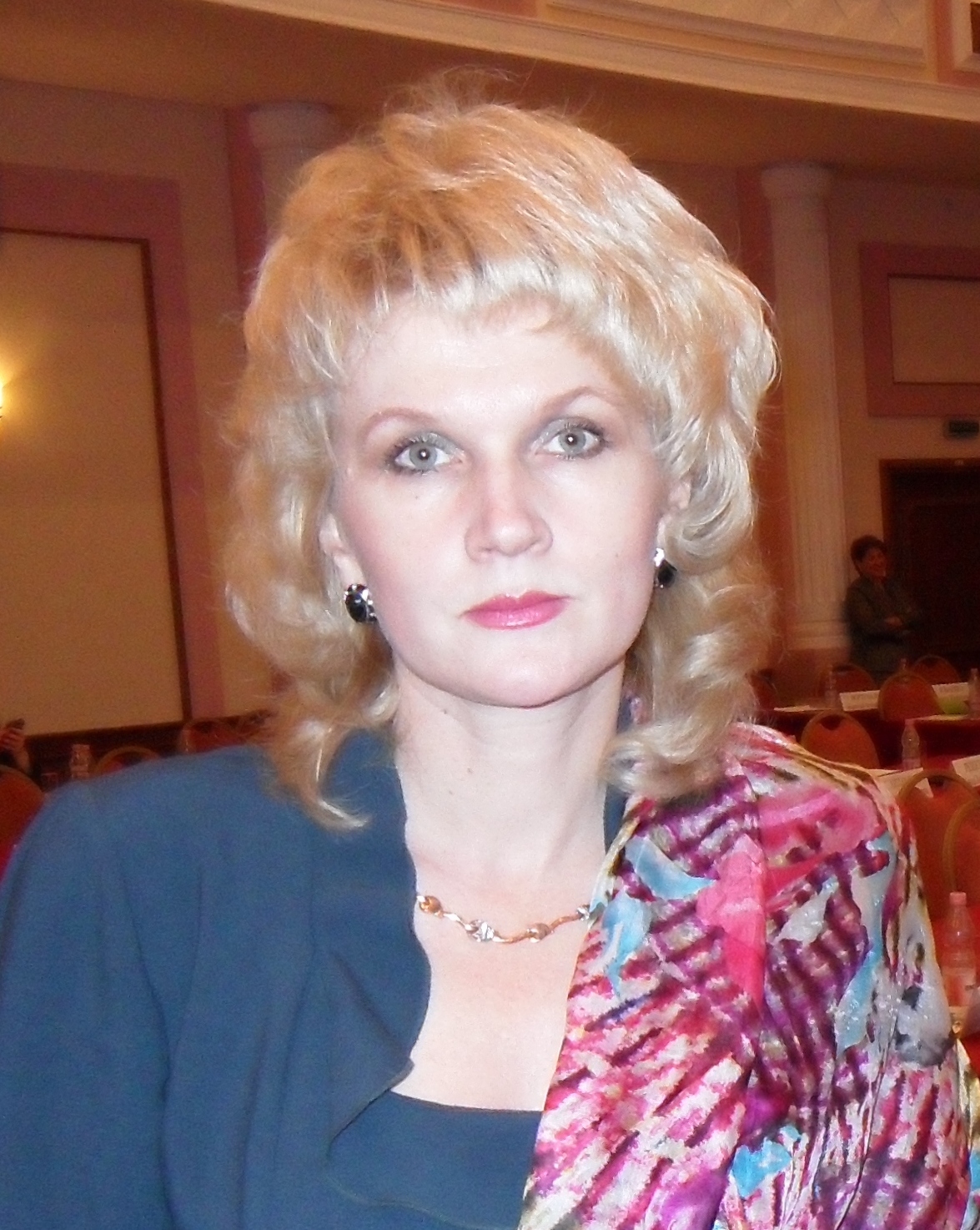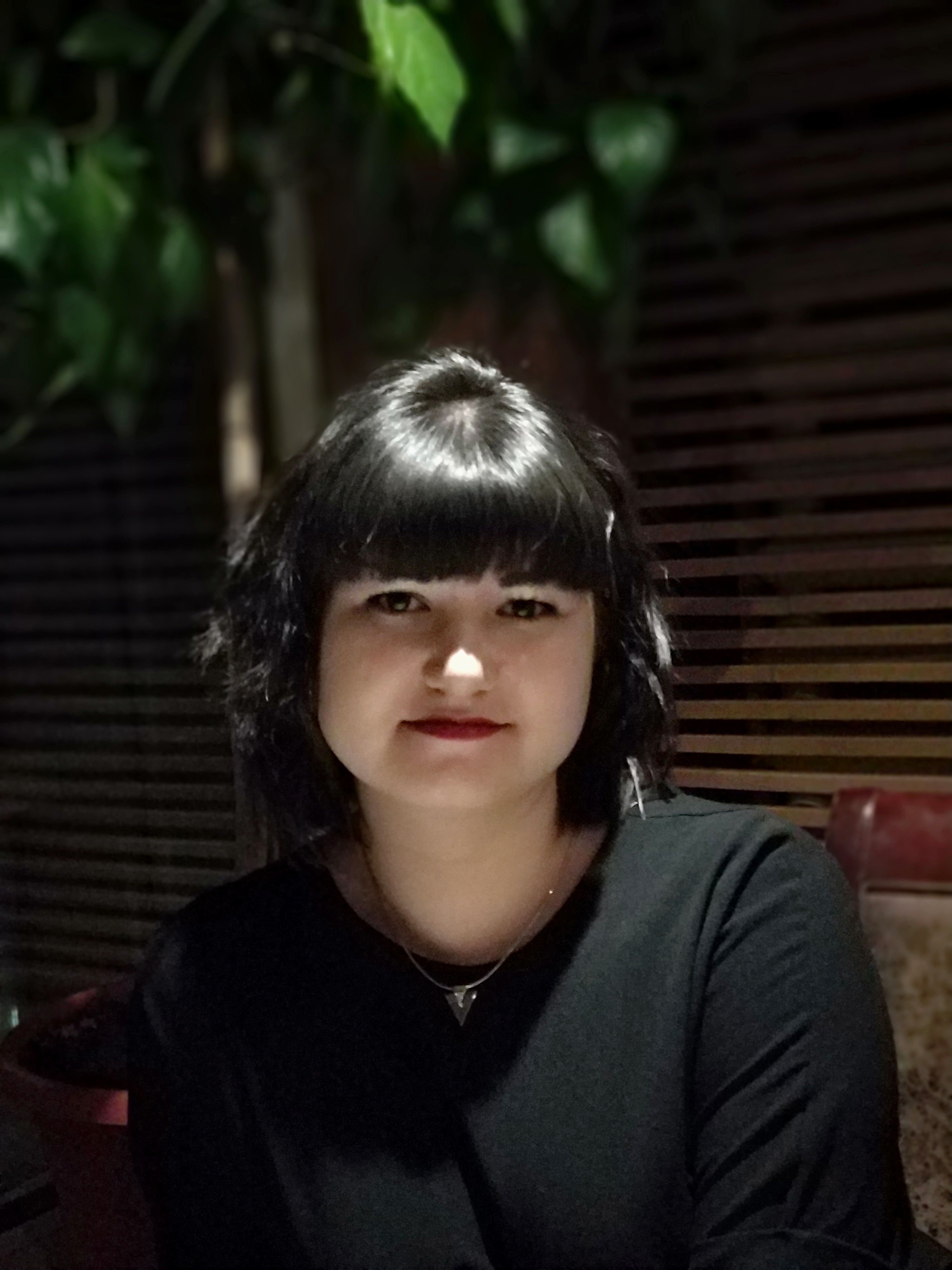The publication presents a collection of archival materials about the life of the Orthodox community of Russian emigrants in Sakhalyan (today's Heihe) in the 1920s and 1940s. The publications of Harbin correspondents record the stages of the formation of the Russian enclave on the territory of the Manchu border town, allow us to correlate Russian life in Sakhalyan with the events of anti-religious policy in Soviet Blagoveshchensk, with socio-cultural, ethnocultural and ethno-religious processes in the life of the Russian emigration in the whole of Northern Manchuria. The sources of the collection were publications of a very different orientation – daily news (“Zarya”), popular literary and artistic journals (“Rubezh”), politically engaged papers (“Our Way”, “Ray of Asia”). The interest in the life of the Orthodox community in Sakhalyan, recorded in the refugee press of those years, testifies not only to the political significance of the border territories in the understanding of well-known emigre circles and the Japanese administration. The emigrant community was really worried about the fate of their fellows living among the Manchu population and forced to adapt to a foreign culture and close interethnic contacts with the local population. The need to preserve spiritual supports prompts some authors to turn to artistic reconstruction of the traditions of festive religious culture and folk Orthodoxy in the Russian Far East. Orthodox life in Sakhalyan was for Russian refugees in Harbin cut off from their native land, cut off from Russian life a guarantee of preserving their “Russianness”. The publications record the role of the Harbin Diocese in organizing Orthodox life and education in the border areas, reflecting the role of priests who, in the difficult years of refugee, became real spiritual pastors for their wards.
Keywords: Orthodox community, emigration, border areas, Sakhalyan, Blagoveshchensk, anti-religious policy in the USSR, ethno-religious processes, the Harbin diocese
DOI: 10.22250/2072-8662.2020.3.130-142
About the authors
 |
Anna A. Zabiyako – Doctor of Philology, Full Professor, Head of the Department of Literature and World Arts, Amur State University, |
 |
Yana V. Zinenko – Mater in Philology, Assistant at the Department of Literature and World Arts, Amur State University, |






